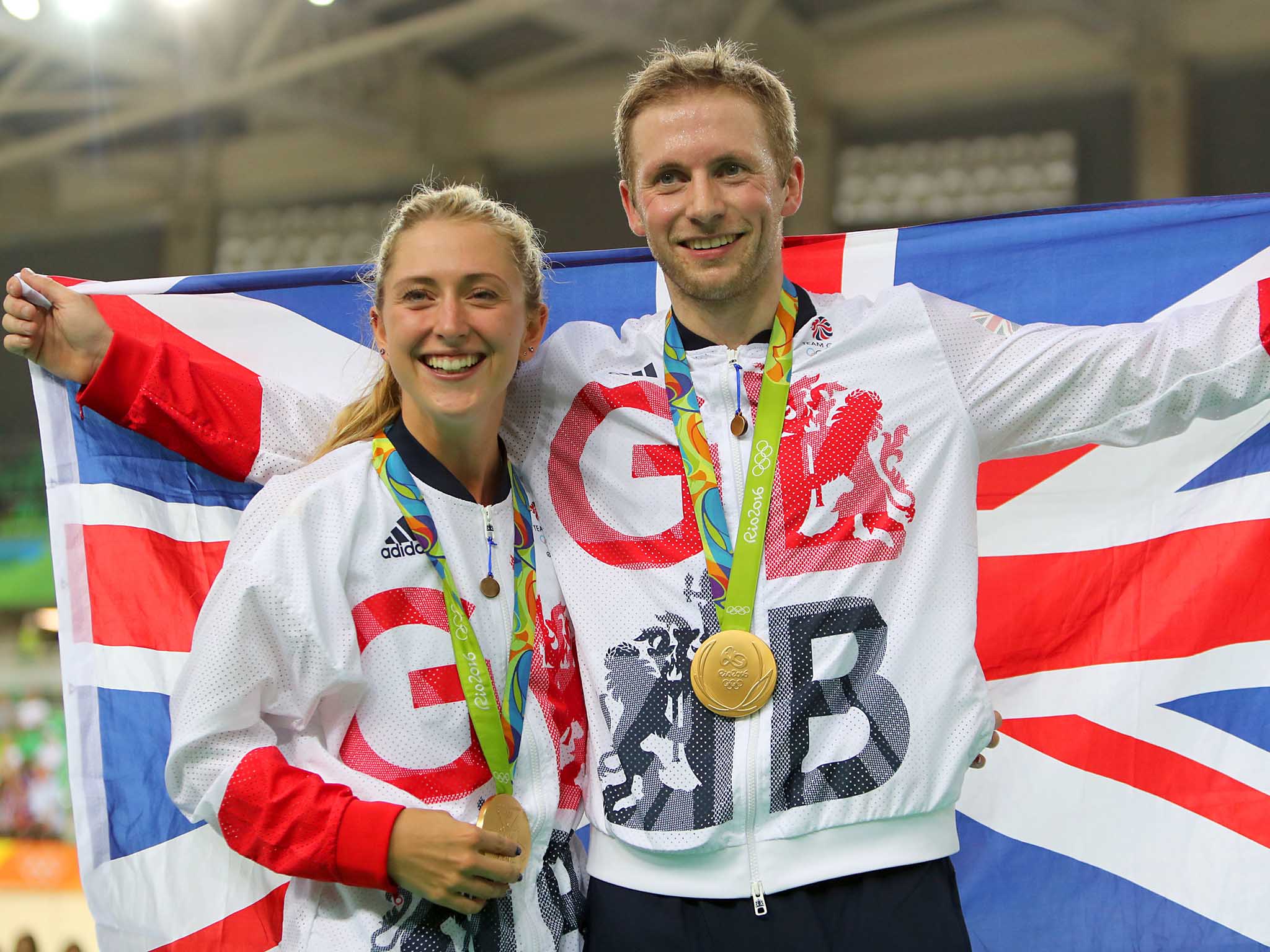Rio 2016: Team GB set new record medal haul after eclipsing London tally on magical Saturday night
No nation has ever increased its medal haul in the Games following its host event but Great Britain has done just that

Even seven days ago, it seemed like ridiculous optimism to suggest that the magical number 65 – the British Olympic medal haul from London 2012 – might be matched in Rio.
The Team GB director of performance Simon Timson looked us in the eye, from his seat in the little office they’ve set up a stone’s throw from the Olympic Park, and told us not to get carried away. Bettering the 48 in Beijing eight years ago – our previous best haul from an overseas Olympics – dared to be contemplated. “We’re somewhat ahead,” Timson said, with typical British reserve. But mid 50s? Maybe 60 medals? “No, we can’t take anything for granted.”
Timson’s circumspection was prudent but it looks conservative now. Britain have now bettered its record haul from London - an extraordinary achievement considering the huge benefits that home advantage always infers. An even more extraordinary achievement if that tally brings ascendency over China, whose 1.3bn population generates an obvious competitive advantage. We have never before eclipsed China at an Olympic Games. As CNN put it this week: “The Brits are killing it in Rio.”
There is categorically no doubt that National Lottery money, funnelled into a ruthlessly efficient sports funding programme, has delivered this success. “We don’t come first, second or third by chance,” Adrian Christy, chief executive of Badminton England told The Independent on Friday night. At the time he was watching another medal ceremony which underlined British ascendancy over the Chinese in the table – Chris Langbridge and Marcus Ellis’ triumph over Biao Chai and Hong Wei in the badminton men’s doubles. “There is much evidence to show that success has flowed from the National Lottery starting to invest,” Christy said. “Every penny we get from them we put back in, to get more people playing and more people getting better.”
Though some may sneer at the clinical idea of buying success, the £275m doled out across all Olympic sports during the four-year cycle leading up to Rio is not a gratuitously vast sum. It hardly equates to a sheikh throwing cash at a football club, though it does buy the coaches, sports science, warm weather training and multitude of benefits which mean Britain can compete.
It’s more complicated than investing money, too, because those who have flourished in Rio do include sports whose funding was cut after failure in London.
British Swimming have flourished because they cut out weak management and brought in new head coach Bill Furniss who has hardened up the squad. He made qualification for Rio more stringent, dumping Ross Murdoch, the Commonwealth champion, one the basis of one bad swim in the Olympic trials. He brought an end to the swimmers’ traditional stand-offishness about joining the Team GB preparation camp. British Swimming would not have received the funding they have if they didn’t make these changes.
Some sports have flourished because they have made Olympics the be-all and end-all. For British Cycling, the world championships pale by comparison with this event. Everything has been focussed on Rio. The kit which Jason Kenny, Laura Trott, Mark Cavendish and Co wore at London 2012 has been withdrawn from them until now, while most other nations will have worn theirs multiple times. For the British, the idea is to make this special. “The shiny stuff comes out and we see people we haven’t seen for four years,” Jason Kenny said of this Olympic obsession.
Less tangible, though significant, is the lengths that the British have gone to, to engender a team spirit and ensure that old and the young, the superstars and the unknown, draw from each other. The golfer Justin Rose – career earnings £35m – has been a huge figure in the Olympic Village, swapping his usual five-star existence on the circuit for a narrow single bed.
During one of the rounds which took Rose to Olympic gold last week, he spotted the young gymnast Nile Wilson behind the ropes in the crowd.
“What are you doing there? Come and join us on this side,” he told Wilson. When Rose landed his hole-in-one on the first day of competition, he made sure that Wilson had the ball to keep. The 20-year-old was overwhelmed. Six days later, Wilson took a bronze.
Andy Murray had planned to live outside the Olympic Village but reversed the decision within 12 hours of arriving in Rio. He took his role as flag bearer seriously and had addressed the entire team twice before the Games began, once on the steps of British House and again on the steps leading to the garden area in the Olympic Village. The level of Murray’s commitment astonished Team GB chef de mission Mark England.
The Olympic associations of other countries look at the levels of investment in Britain with astonishment. “The Dutch will never spend so much money on sport. We’re too conservative,” said one of its journalists. “If it doesn’t bring success the whole country will moan.”
But for Britain it means possibly new records at every turn. With the magic 65 becoming 66, it represents something unprecedented in the entire Olympic movement. No nation had ever increased a haul of medals in the Games following its host event - until now.
Subscribe to Independent Premium to bookmark this article
Want to bookmark your favourite articles and stories to read or reference later? Start your Independent Premium subscription today.

Join our commenting forum
Join thought-provoking conversations, follow other Independent readers and see their replies